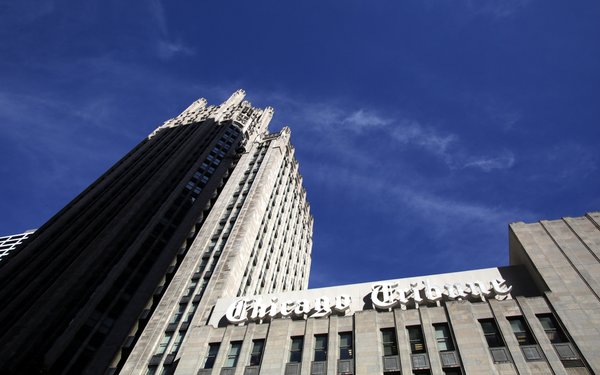
Hedge fund Alden Global Capital has decreed
that political endorsements will no longer run in its newspaper pages.
The company, the country’s second largest newspaper publisher after Gannet, ruled that its papers will stop
picking candidates in presidential, Senate and gubernatorial elections, The New York Times reports.
“Unfortunately, as the public discourse has
become increasingly acrimonious, common ground has become a no man’s land between the clashing forces of the culture wars,” says a planned editorial acquired by
the Times.
“At the same time, with misinformation and disinformation on the rise, readers are often confused, especially online, about the differences
between news stories, opinion pieces and editorials.”
advertisement
advertisement
Three exceptions are The Baltimore Sun, The Chicago Tribune and The Denver
Post, the Times continues.
The development quickly drew sharp comment in social media.
“The hedge fund which owns this group is
simply silencing the journalists of these papers to speak freely about the best choices for their communities,” tweeted Mike Butcher. “It’s really as simple as that.”
But another observer, Alex Kantrowitz, tweeted, “Newspapers endorsing candidates has long been ridiculous. Farewell to this backward tradition.”
This is one
of several recent developments that point to a homogenization of newspapers and the destruction of local presence and character.
Gannett announced earlier this year that it would
radically shrink opinion pieces in its newspapers. And Lee Enterprises is distributing what appear to be canned editorial pages to its publications.
“Readers don’t want us to
tell them what to think,” Gannett editors stated in an internal presentation, according to The Washington Post. “They don’t believe we have the expertise to
tell anyone what to think on most issues. They perceive us as having a biased agenda.”
But critics would argue that, right or wrong, opinion pieces and political endorsements are part of
the function of a free press in a democracy. This is happening as local newsrooms have been decimated by layoffs and cutbacks by the companies restricting opinion pieces.